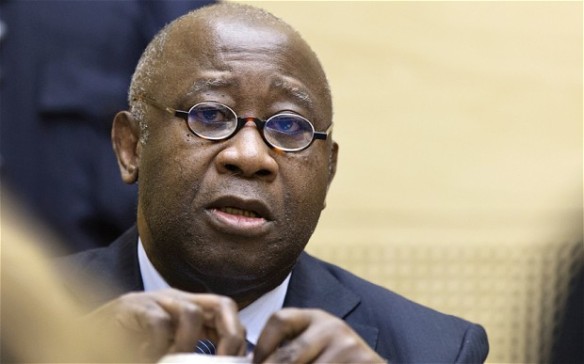Beyond The Hague welcomes Matthew Gillett for this guest post on the Gbagbo case at the ICC. Matthew is currently a Legal Officer with the Office of the Prosecutor at the International Criminal Tribunal for the Former Yugoslavia (ICTY) and was a member of the New Zealand delegation to the Review Conference of the International Criminal Court (ICC) in 2010. The views expressed in this article are those of the author alone and do not necessarily reflect the views of the United Nations, the New Zealand Government or Beyond The Hague. The author would like to thank Manuel Ventura for his insightful comments.
On 12 June 2014, Pre-Trial Chamber I (“PTC”) of the International Criminal Court (“ICC”) issued its conformation decision concerning the charges against the former President of Cote d’Ivoire – Laurent Gbagbo. Problematically, the majority decision of the PTC confirmed the charges for modes of liability under article 25 but declined to confirm the charges for superior responsibility under article 28. This outcome is difficult to reconcile with the PTC’s earlier findings in the confirmation decision. It results in the Trial Chamber receiving a proceeding that has been straight-jacketed into a mould that the facts may not ultimately fit. Indeed, Judge Van den Wyngaert in her dissenting opinion found that the facts were insufficient to satisfy article 25 even on the relatively permissive article 61(7) standard, but she would have confirmed under article 28 in part. In these circumstances, the spectre of regulation 55 re-characterization lurks in the background, along with its attendant potential prejudice to the integrity and efficiency of proceedings.
Under the applicable standard set forth in article 61(7) of the Rome Statute, the PTC assessed whether it had been provided with sufficient evidence to establish substantial grounds to believe that Laurent Gbagbo was responsible for each of the crimes charged. The PTC confirmed the modes of liability ofco-perpetration under article 25(3)(a), ordering, soliciting or inducing under article 25(3)(b), and contributing to a group with a criminal purpose under article 25(3)(d), and committed the case for trial. However, it declined to confirm Gbagbo’s superior responsibility for the charges under article 28(a) or (b) despite the request of the Office of the Prosecutor (“OTP”) to do so.


